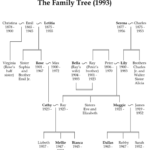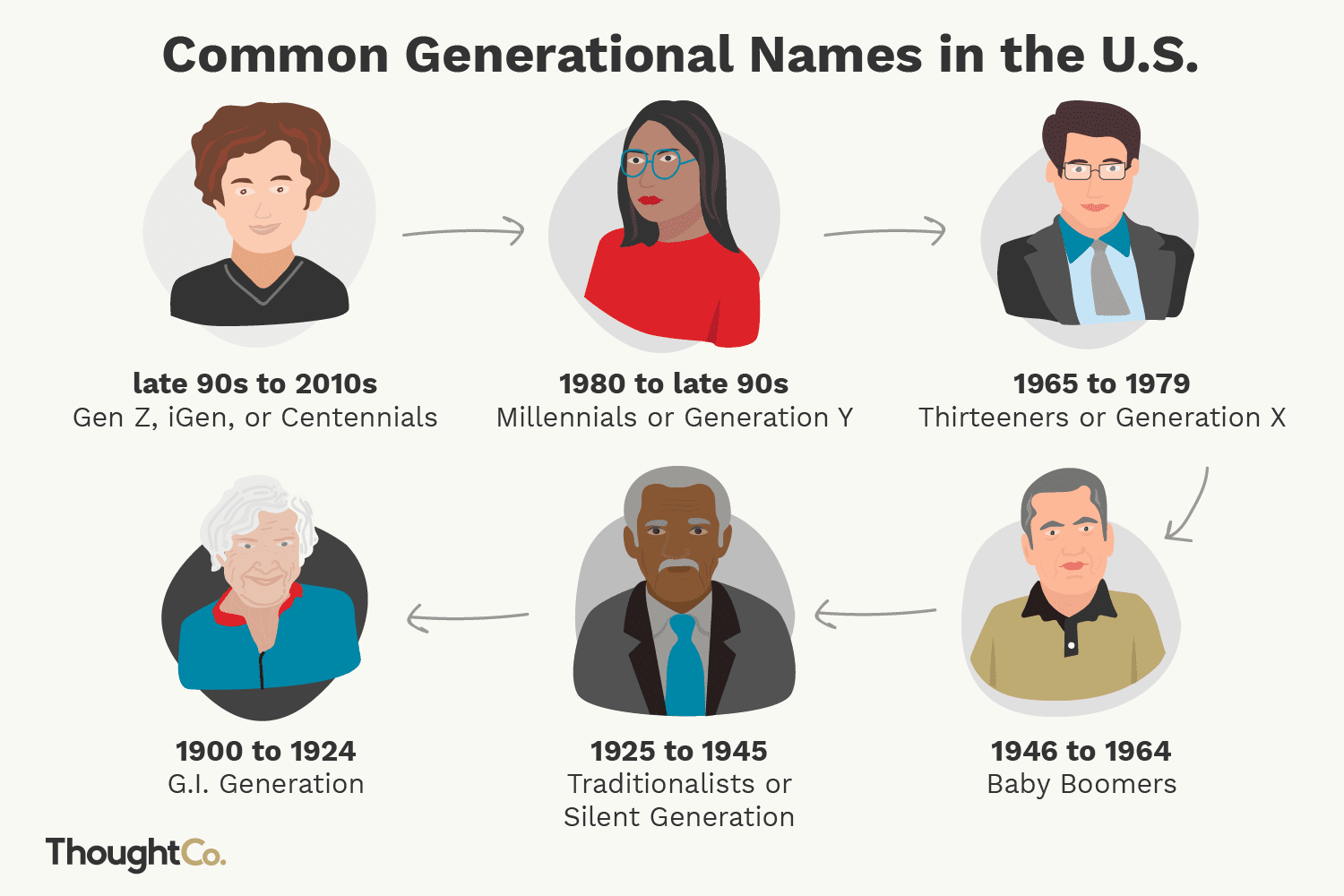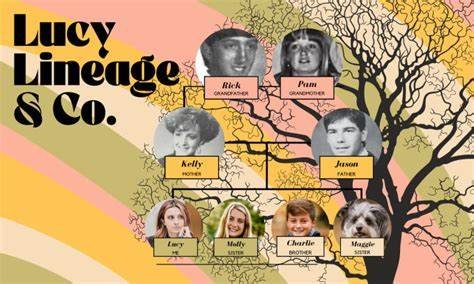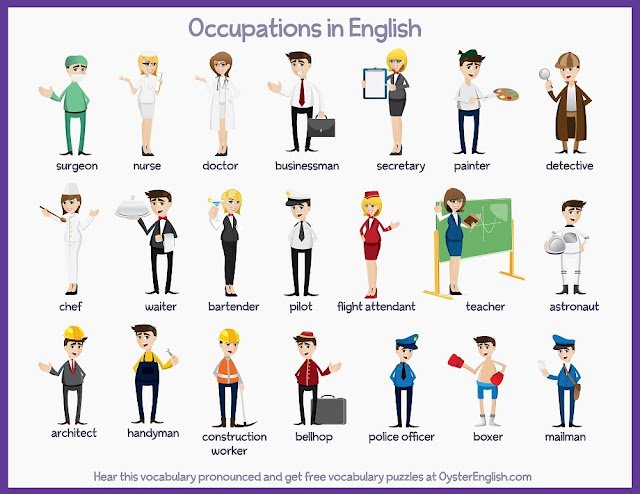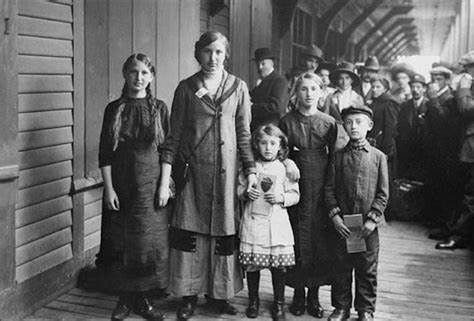Family names are not static; they evolve over time, shaped by social, cultural, and historical forces. As generations pass, the way a surname is passed down, pronounced, or even used can change. This evolution reflects broader shifts in society, including migration, social mobility, legal changes, and cultural integration. Understanding how family names have changed over generations gives insight into the ways families adapt to new circumstances while retaining connections to their past.
1. The Transition from Patronymic to Hereditary Surnames
One of the most significant changes in family names occurred during the transition from patronymic systems to hereditary surnames. In many cultures, early surnames were derived from the father’s name or a personal characteristic, such as “Johnson” (son of John) or “MacDonald” (son of Donald). These patronymic surnames were often temporary and could change with each generation. However, as societies became more settled and populations grew, surnames began to be passed down through the generations. This shift allowed surnames to become hereditary, often tied to a family’s lineage or social status. In countries like England and Scandinavia, the shift to hereditary surnames began around the 12th to 16th centuries, forever changing how family names were used.
2. Surnames as a Reflection of Occupation or Location
Historically, many family names were derived from a family member’s occupation or the location where they lived. For example, surnames like “Smith” or “Miller” reflected a person’s trade, while names like “London” or “Paris” were tied to geographic locations. Over time, as society modernized, these occupational or location-based names became less relevant to individuals’ daily lives, but they continued to be passed down through generations. As families moved away from the places or occupations that gave rise to their names, these surnames remained as a connection to their past, even as the original meaning became obscure. For example, someone with the surname “Baker” today may not have any connection to the baking profession, but the name continues to link them to their ancestors’ trade.
3. Changes Due to Spelling and Pronunciation
As family names have been passed down through generations, they have often undergone changes in spelling and pronunciation. This is especially common in societies where languages and dialects evolve over time, or where people from different linguistic backgrounds interact. For example, surnames like “Schmidt” in Germany or “MacMahon” in Ireland may have been spelled or pronounced differently in earlier generations, due to shifts in language or migration. In many cases, family names were spelled phonetically or simplified for easier pronunciation, particularly after migration to countries like the United States, where immigrants often anglicized their names. The result is that family names may look very different today compared to earlier generations, even if the underlying family history remains the same.
4. The Impact of Legal and Administrative Changes
Over the centuries, legal and administrative systems have played a role in the way family names have changed. In medieval Europe, for example, surnames were often not standardized, and records were kept inconsistently. As governments began to develop systems of registration and taxation, the need for uniformity in surnames became more important. In the 16th and 17th centuries, many European countries began to formally register surnames, and this led to some families adopting or modifying surnames for official purposes. Additionally, during times of war or political upheaval, family names were sometimes changed or altered, either to comply with new laws or to avoid persecution. For instance, during World War II, some Jewish families were forced to change their names to avoid discrimination or to assimilate into society.
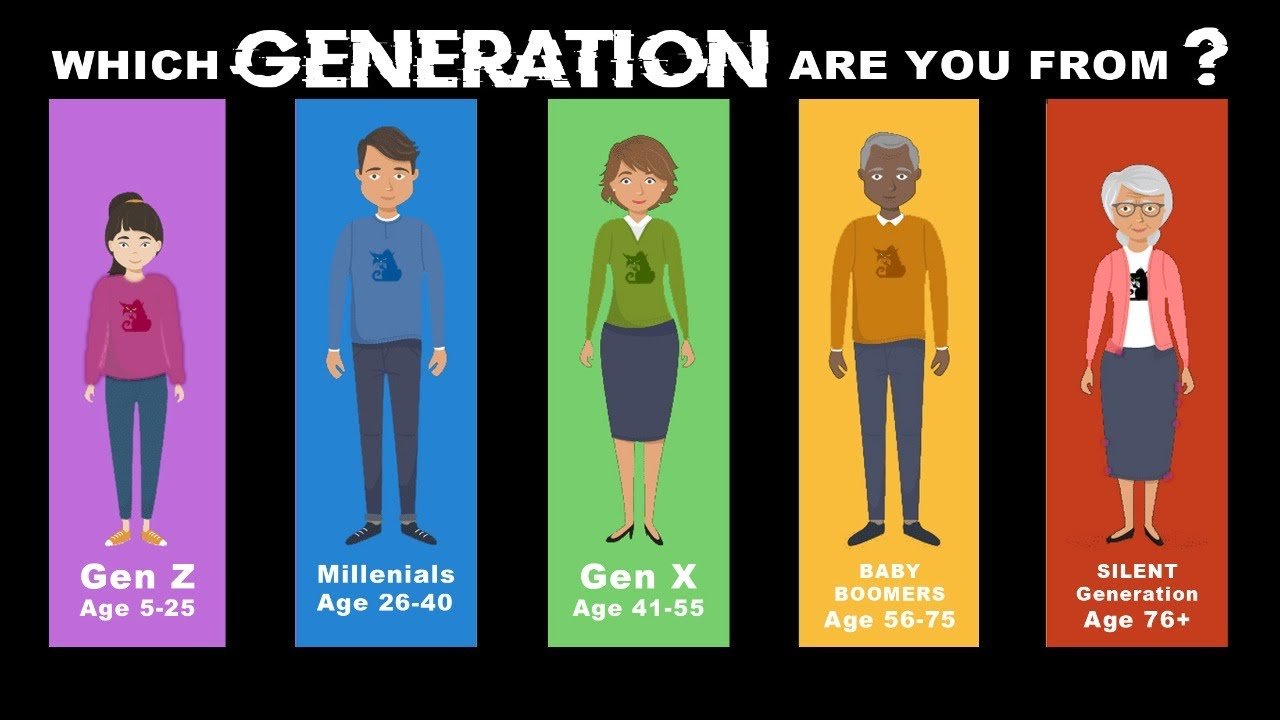
5. Changes Due to Marriage and Gender Norms
Marriage has historically played a significant role in the evolution of family names. In many cultures, women adopted their husband’s surname after marriage, a practice that has persisted in many parts of the world, particularly in Western societies. This practice often resulted in the loss of a woman’s maiden surname, which could have been passed down through generations, making it difficult to trace maternal lines in family history. However, in more recent generations, there has been a trend toward hyphenating surnames or allowing both partners to retain their original family names. These changes reflect broader societal shifts, such as increasing gender equality and the desire to preserve both maternal and paternal family lines.
6. The Influence of Migration and Cultural Integration
Migration has played a significant role in the transformation of family names over time. When people move to new countries, they often encounter new languages, cultural norms, and legal requirements that can lead to changes in their surnames. Immigrants may alter the spelling of their names to make them easier to pronounce in their new home country, or they may completely adopt a new surname altogether. For example, during the early 20th century, many European immigrants to the United States anglicized their surnames to fit in more easily with American society. The result is that many family names today may be vastly different from their original forms, reflecting the blending of cultures and the necessity of assimilation in new environments.
7. The Revival of Ancestral Surnames
In recent years, there has been a growing interest in reviving ancestral surnames. Many individuals are returning to their ancestral roots by researching their family history and restoring family names that were lost or altered over time. This trend is often seen in families that have been disconnected from their heritage, either through migration, social change, or historical events. By restoring a traditional surname, individuals can reconnect with their past, honor their ancestors, and preserve their cultural identity for future generations. This revival can also be part of a broader movement to rediscover one’s heritage and heritage pride.
8. The Future of Family Names
As societies continue to change, the way family names are passed down may also evolve. The increasing acceptance of gender-neutral names, the rise of multicultural identities, and the growing trend of choosing non-traditional names for children may all influence the future of family names. Additionally, the globalization of culture, with its emphasis on interconnectivity, could lead to greater diversity and hybridization in surnames. However, family names will likely continue to serve as a vital link to our past, allowing future generations to maintain their connection to their heritage, regardless of how they evolve.
Conclusion
Family names have undergone significant changes over generations, influenced by societal shifts, migration, legal requirements, and cultural integration. From patronymic origins to the anglicization of surnames in the New World, family names have reflected the dynamic nature of human history. As these names continue to evolve, they remain a powerful connection to our past, providing insight into cultural identity, heritage, and family traditions. Understanding the way family names have changed over time helps us appreciate the complexity of our ancestral stories and how they continue to shape who we are today.





